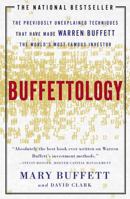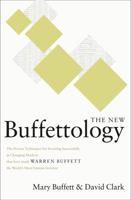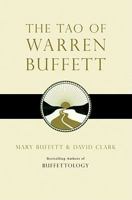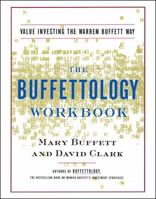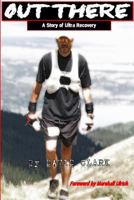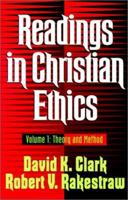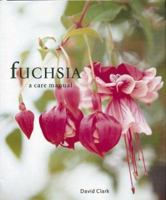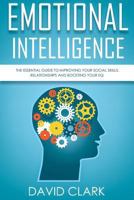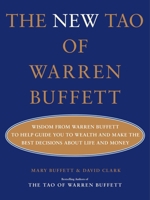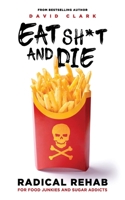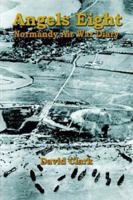Valentino: At the Emperor's Table
Select Format
Select Condition 
Book Overview
Valentino Garavani, often known simply as Valentino, is a legendary fashion designer and master couturier. He founded his eponymous fashion house in Rome in the late 1950s and has since established an illustrious career designing for the world's most glamorous women, from royalty to Hollywood icons, including Jackie O, Elizabeth Taylor and modern-day muses like Gwyneth Paltrow and Anne Hathaway. From his start designing dresses, Valentino and long-time business partner Giancarlo Giammetti built the Valentino brand into an international empire, now one of the most iconic fashion brands in the world, often associated with his signature color, "Valentino Red". Though Valentino retired from fashion in 2008, he continues to create and follow his passions.
Format:Hardcover
Language:English
ISBN:1614282935
ISBN13:9781614282938
Release Date:January 2014
Publisher:Assouline
Length:240 Pages
Weight:4.85 lbs.
Dimensions:1.6" x 10.9" x 13.5"
More by David Clark
Customer Reviews
1 customer rating | 1 review
There are currently no reviews. Be the first to review this work.













